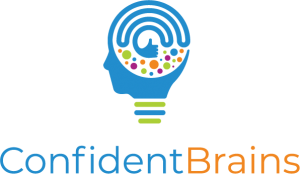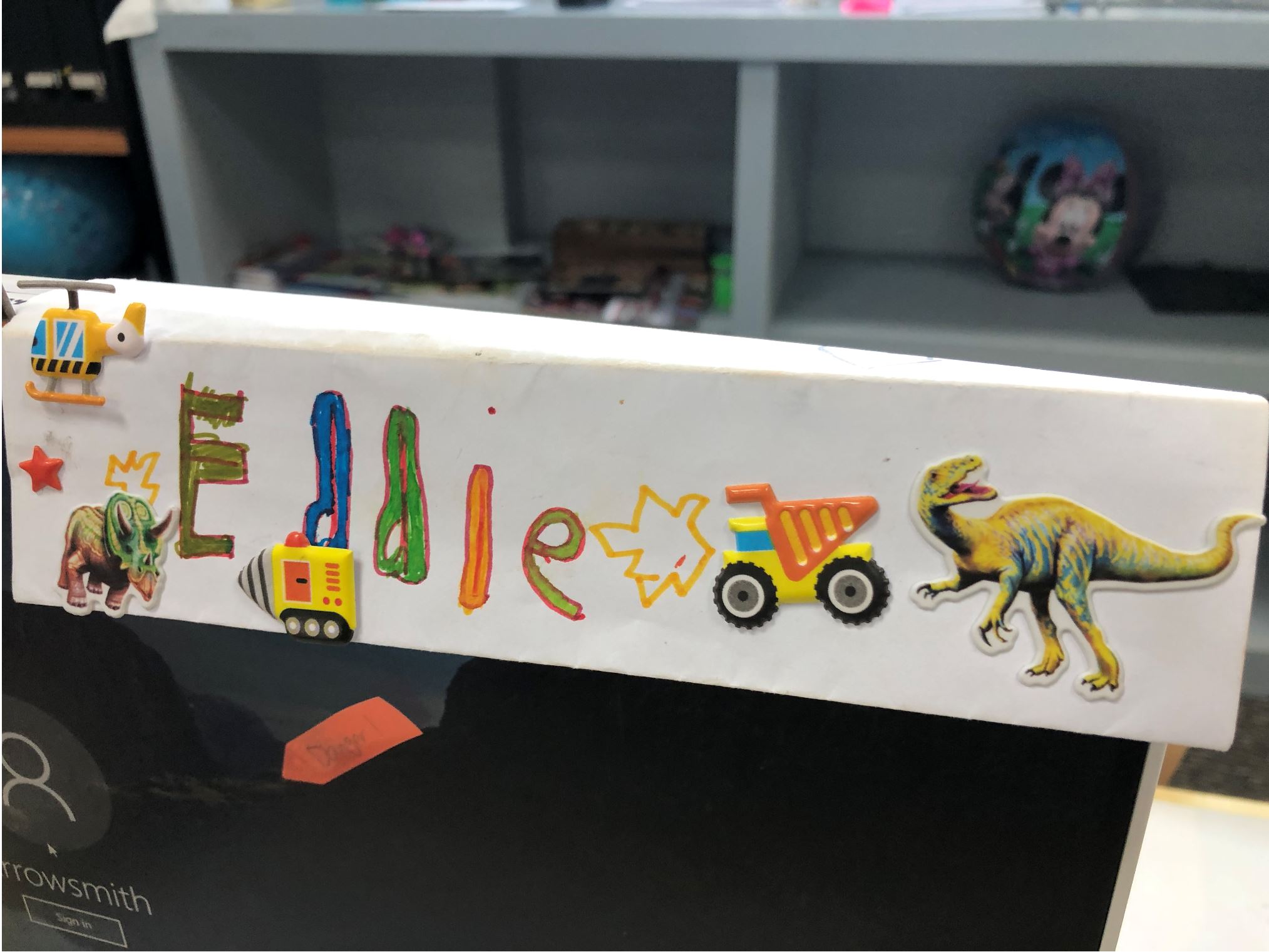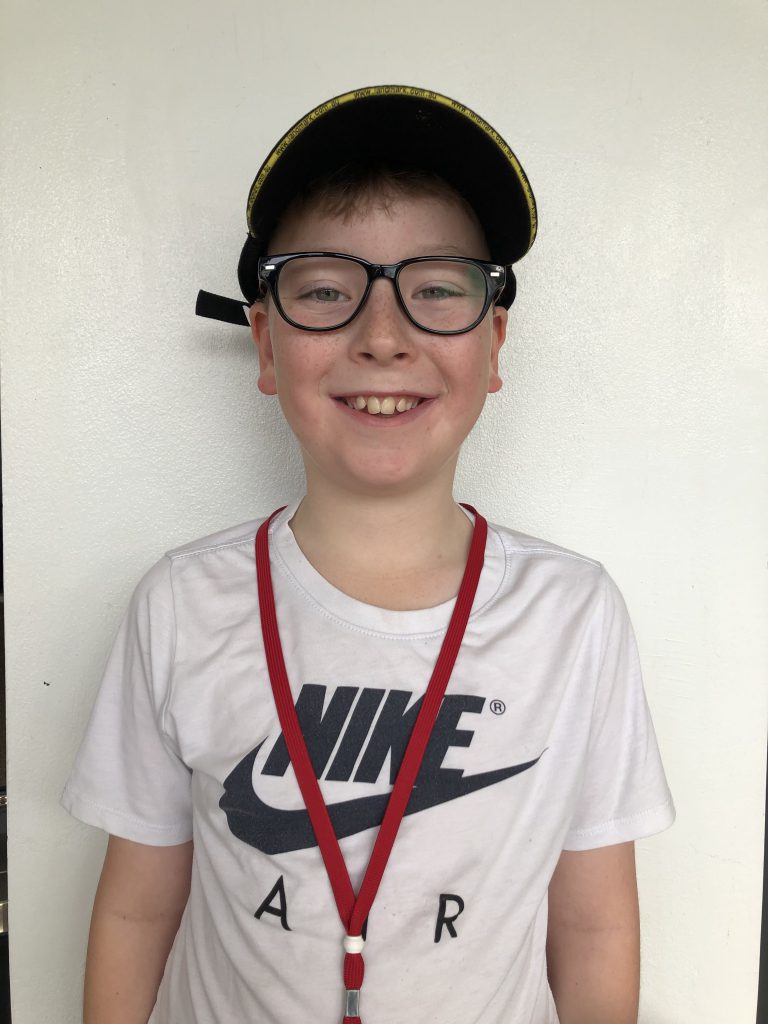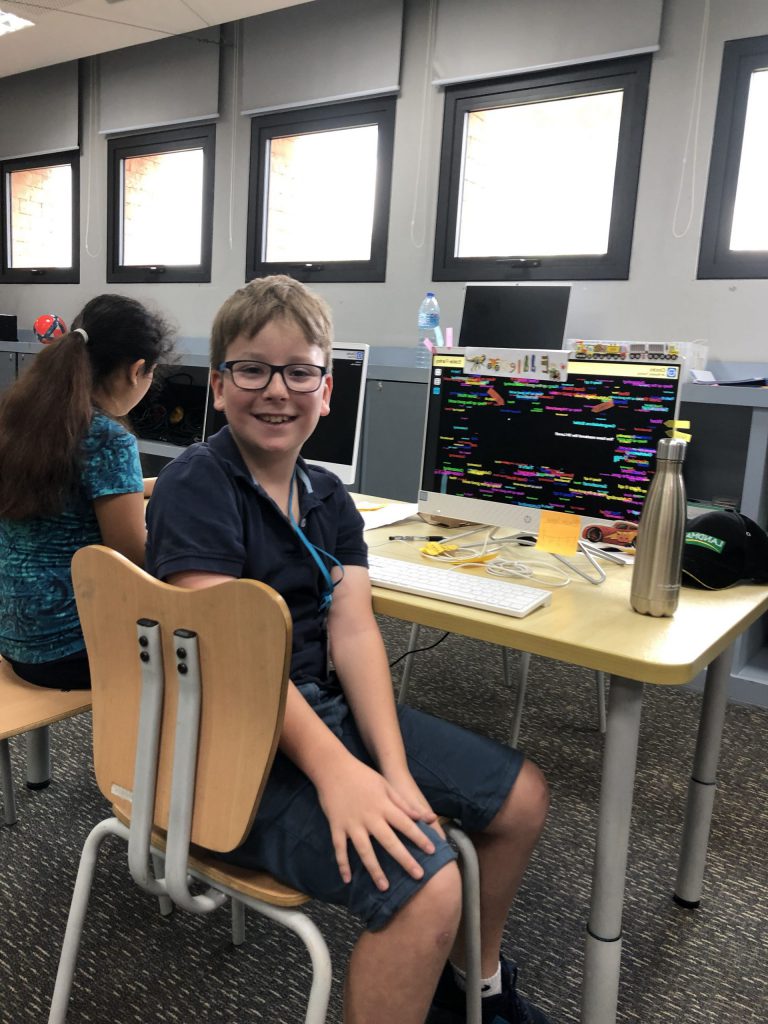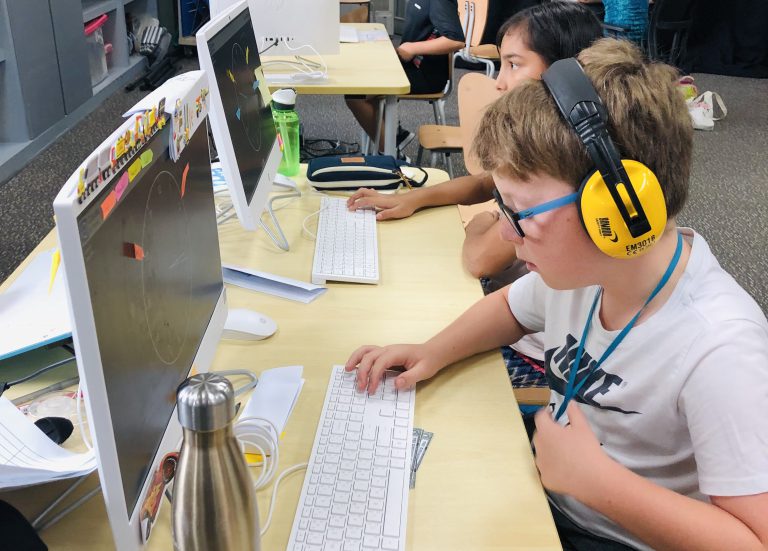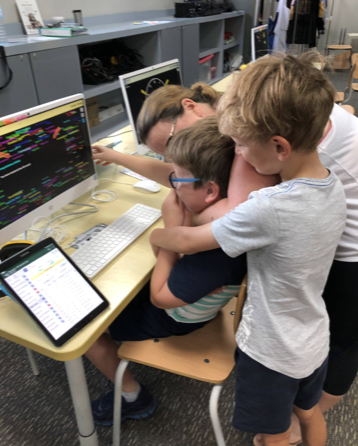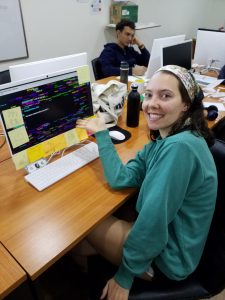Are you curious about how to prepare your child for college? If so, you’ve come to the right place. The expectations and requirements of college students of today, is much different from previous generations. Students today are under tremendous pressure as they prepare for college. They study under a competitive education system and their expectations to learn and their workload only seem to be increasing.
We’ve put together the top 5 ways for children to prepare for college so that you have the resources to help your child prepare for a successful college education.
#1- Cognitive Training (A.K.A. “Brain Training”) To Prepare Your Child for College
By far, the most effective way to prepare your child is cognitive training exercises. It is much different from traditional studying or learning. Cognitive training aims to maintain or improve a particular aspect of cognitive functioning (e.g. attention, memory, maths abilities) through structured and guided practice carried out individually or in a group.
Rather than studying, your child would be strengthening and rewiring their brain to prepare them for college and give them a competitive advantage over their peers that have not undergone cognitive training. Cognitive training is not a “magic pill”, and students will need to work hard to get maximum benefit, but the improvement in cognitive abilities is always worth it.
So how can you get your child in cognitive training? There are a number of companies and mobile apps that offer cognitive training or “brain training” programs, but how do you know which one to choose, and how to use it effectively?
Confident Brains offer the Study Plus+ online afterschool program for students who are trying to prepare for college, and beyond. The cognitive exercises used in Study Plus+ have been scientifically proven to improve cognitive functioning. 76% of Study Plus+ students reported that they were more prepared for college. Additionally, 81% of Study Plus+ students reported having a greater capacity to memorize information. You can learn more about this student results by clicking here.
Are you interested in Study Plus+ for your child? Contact us today, and we’ll help your child get started on their cognitive training journey.

Train the Brain
A student brain training being observed by his classmates.
#2- Have Your Child Practice Time Management
As the saying goes, “Fail to plan, plan to fail”. Children often don’t learn about the importance of time management until it’s too late. Not having the correct time management skills can lead you to failure before you’ve even started college. Have your child practice time management in a way that they find engaging. Perhaps you could have them manage their own schedule for a week (including school, afterschool activities, chores, etc.) , or if they want to have a weekend hangout with a friend, they have to plan out the activities that they would like to do.
Starting the practice of time management at a young age can lead to huge advantages that will help them manage their personal and academic lives in college successfully.
If you have a teenager, or younger child, with a mobile phone, you can have them utilize free helpful time management apps like Google Calendar, Apple Calendar or similar.
#3- Teach Them To Follow Their Passions
One of the most difficult things about preparing for college is choosing what to study. Pressure from friends, family and society can influence what we choose to study. Additionally, often times students don’t take the time or go through the necessary self-reflection process to choose what they would like to pursue academically.
So how can you help your child with this? At a young age (as young as possible), foster a mindset in your child where they feel comfortable to dream big and follow their passions. As a parent, this may also take some self-reflection to allow your child to follow their dreams. However, doing so will open up the door for a wonderful relationship.
Students that choose an area of study they are genuinely interested in, have a much higher chance of success in college and future employment.
#4- Teach Them How to Take Notes
When it comes to taking notes, a little practice goes a long way. College is about becoming knowledgable in your future career, by learning from experts in that particular field. The notes that you take in class are fundamental to a student’s success, not only in academics but for their future careers, as well.
Check out this awesome post from College Info Geek on how to take better notes, where he lays out the 6 Best Note-Taking Systems.
#5- Prepare Them To Do Lots Of Reading
As you are preparing your child for college, you can expect that when they do reach college, they will be required to read a lot – probably more than you or they will think. Some college instructors will expect you to complete a reading assignment frequently. Your child will also need to be prepared to read large amounts of information to “cram” and prepare for exams.
It’s important to ensure that your child has the correct reading abilities, early on. If your child struggles with reading or learning, we do have cognitive training programs designed for students with learning difficulties. Check out this page, or contact us for more information.
